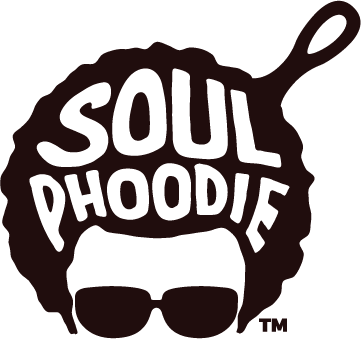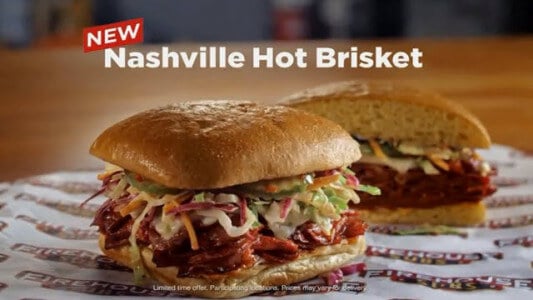by
Do you have an unsettling feeling that something is just not right these days? That somehow, the system no longer works for you? You’re not alone, and I’m not talking about politics. I refer to the current state of “Nashville hot” flavor. I yearn for a simpler time, a.k.a. the 20th century, when “Nashville hot” solely meant insanely spicy fried chicken featured at Prince’s Hot Chicken—an African American-owned-and-operated restaurant in Nashville, Tennessee. That chicken fit comfortably within African American foodways, and there was an irresistible origin story to boot. Far too often, stories involving a spurned lover end in tragedy, but this one flipped the script to end in culinary triumph.
Though born from an instance of alleged sin (infidelity), Nashville hot chicken evolved into something sublime. Sadly, the forces of cultural appropriation have completely ruined a good thing. The well-worn phrase “jumped the shark” doesn’t do justice to what fast-food chains and restaurant chefs outside of the African American community have done to this dish. In the last decade, as Nashville hot chicken spread like wildfire, I bemoaned that Prince’s rarely a shout out at places with hot chicken on the menu. How hard can that be? Restaurant menus tell me so much about every dish: from where the ingredients come, the hobbies of the animal that I’m eating, and so on. If a chef can locally-source ingredients, can’t he or she “culturally source” their food as well? When I see it on a menu, I always play dumb and ask the server, “What’s the deal with this hot chicken?” To add insult to injury, the server usually got the story flat wrong, failed to mention “Prince’s,” or didn’t have a clue. I wanted to scream Aretha Franklin-style, “Don’t you blaspheme, in here!”
In this context, the “Signs of the Apocalypse” have long been evident. After a successful 2016 trial-run in Pittsburgh, Pennsylvania, KFC rolled out hot chicken nationwide. A decent, though not authentic, facsimile of Prince’s creation was now available to the masses. What bugged me the most though is applying the “Nashville hot” spicing to a myriad of things besides chicken. In the past few years, I have noticed the words “Nashville hot” playfully describing everything from chicharrones (fried pork skins) to oysters on the menus of white tablecloth restaurants and edgy pop-up concepts. I know that it’s the nature of chefs to look to other cultures for inspiration, but things have gone too far. “Nashville hot” is now synonymous with “nonsense.”
The latest transgression, mixing chef tendencies with fast-food relentlessness, is Firehouse Subs’s recent announcement that it will rollout a Nashville hot brisket sandwich. A restaurant industry article described the sandwich as a “slow-smoked USDA Choice beef brisket freshly sliced with a kick of spicy Nashville Hot seasoning, spicy pickle chips, mayo, sweet and tangy slaw and melted pepper jack cheese served on a toasted cornbread roll.” I leave you to decide whether or not that sounds appetizing. I’ve thought about trying the sandwich myself, but then it dawned on me. Perhaps the only way to stop the madness is to stop paying for these things and encouraging the further pushing of flavor boundaries. Let the market speak, and maybe folks will finally listen. Nashville hot chicken has a good run, and I hope the people behind Prince’s continues to reap some generous benefits. As for the various past, present, and future applications of Nashville hot spices, please–chefs, food scientists, restaurateurs, and whoever else seeks “inspiration”—just stop. It’s time for this chicken, and all of its fabulous flavor, to come home and roost.


